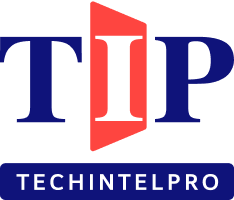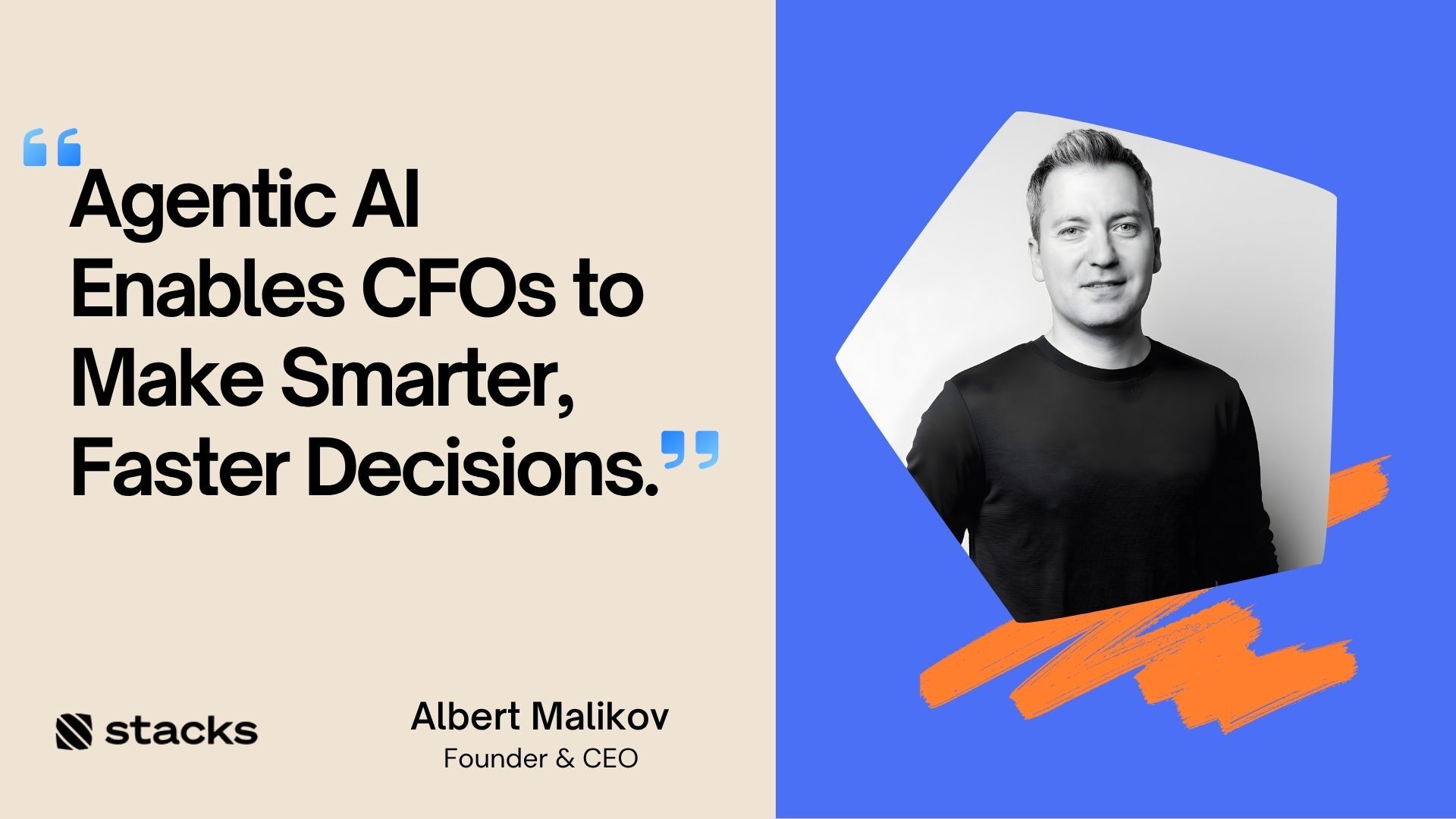Finance teams today are expected to act as enterprise-wide strategists, advising on pricing, guiding market expansion, and shaping long-term growth. Yet, in many organisations, the finance function is dominated by manual processes. Every transaction must be entered, categorised, and reconciled by hand, followed by hundreds of checks to ensure accuracy. The process is slow, cumbersome, and outdated, and it's holding finance back.
A recent Deloitte study found that over 60% of finance leaders spend too much time on transactional tasks, leaving little capacity for higher-value work. If we take the close as an example, most companies take 12 to 15 days to close their books each month – that’s half the month gone before leadership even has a clear view of financial performance. By the time insights reach the decision-makers, it’s often too late to act, leaving the C-Suite arguably flying blind.
In today’s fast-paced business environment, that delay is more than inconvenient – it’s a competitive risk. The more time finance teams spend on transactional tasks across reporting, forecasting, and approvals, the harder it is for them to play a proactive, strategic role. Something has to change.
From reactive to strategic: the rise of agentic AI
Forward-thinking businesses such as Bloom & Wild, Many Pets, Nivoda, and Nivoda are already turning to agentic AI to transform finance operations and reclaim control and clarity across financial tasks. It’s a shift from finance as a reactive function to finance as a high-impact, strategic partner to the business.
Many organisations have turned to automation as a way to streamline finance operations, but as Gartner reports, most organisations have seen limited gains in reducing financial workloads. This is because financial processes are rarely linear. Workflows are dynamic, complex, and full of judgment calls. Rule-based systems struggle to keep up, which is why agentic AI is such a game-changer.
Agentic AI doesn’t just automate tasks; it intelligently coordinates workflows across systems. Unlike traditional rule-based automation, agentic AI understands intent and context. It can manage multi-step processes end-to-end, adapt to changing inputs, and keep tasks moving without constant human intervention.
Delivering efficiency, accuracy, and insight
Finance teams are under growing pressure to deliver with greater speed, accuracy, and insight – from reporting and forecasting to approvals and scenario planning. But for many finance leaders, these processes still feel like a high-stakes race against time.
Teams that integrate agentic AI are seeing close times halved, reconciliation efforts reduced by over 90%, and audit cycles streamlined significantly. And beyond efficiency gains, agentic AI is providing a single source of truth across reporting, approvals, and reconciliations, giving finance teams real-time oversight and accountability. By centralising these processes, audit readiness becomes an integral part of day-to-day operations rather than a separate, time-consuming exercise, freeing teams to focus on analysis, insights, and strategic decision-making.
Agentic AI isn’t about replacing human judgment. It’s about equipping finance teams with the tools to work smarter and anticipate issues before they arise, allocating resources more effectively, and bringing an end to the last-minute scramble.
For forward-thinking CFOs, the question is no longer whether to adopt AI, but how to do so in a way that unlocks both speed and strategic value.
Lessons from early adopters
These benefits are not just theoretical. Early adopters are already seeing measurable impact.
Take Cleo, the UK-born personal finance assistant used by millions globally. Cleo’s finance team wanted to reduce manual processes to enable them to be able to scale with the fast-growing business. With Stacks’ AI platform, they cut journal entry processing time by 80%, saving around four hours every month, for higher-value, strategic work.
Beyond individual tasks, the team is migrating close management, reconciliation prep, and key workflows into one AI-native platform. With plans to roll out AI-powered transaction matching and introduce clearer segregation of duties, Cleo is building a finance function capable of scaling quickly, with stronger controls and fewer spreadsheets.
The future of agentic AI: what it means for finance teams
As agentic AI evolves, it promises to reshape the entire finance function. By coordinating workflows and connecting systems, these tools will increasingly help finance teams cut through complexity and operate with greater speed, accuracy, and strategic focus.
Looking ahead, the real potential lies in unifying processes across departments, enabling finance to lead with clarity and contribute more directly to business-wide decision-making.
The goal isn’t speed for speed’s sake – it’s smarter finance. It’s looking at how new thinking can help finance teams reclaim control at one of the most crucial junctures of financial reporting, so they can focus on what matters: uncovering insights, optimising performance, and helping the business move forward.



